During the time of slavery, in Christiana, Pennsylvania, a major group of African-Americans and white abolitionists battled with the Maryland police force that was intended to capture four fugitive slaves most probably hidden in the town. The actual violence started in the city when the Congress passed the second Fugitive Slave Law. The law required the return of all the escaped slaves to their respective owners in the South of the country. During the fight, a member of the police force, landlord Edward Gorsuch, was killed along with two others who were injured. After so much violence and unwanted battle, the fight turned into so-called Christiana Riot, arresting 37 African-Americans and one white citizen, who was charged with treason under the terms of the Fugitive Slave Law.
During February 1793, Congress passed the first fugitive slave law that required all the states including the ones who forbade slavery and also the ones who accepted slavery, to immediately return the slaves to their owners who made an escape from the of states of the country. The law stated that “no person holds the service of labor in one state and under the laws. Therefore, escaping into another state shall, in the result of any law and regulation therein, be discharged from such labor, but shall be delivered upon a request of the party to whom such a labor may be due”.
It was the Northern states of the country that abolished slavery at first place and provided most relaxed enforcement law in 1793. Many states passed the laws that ensured fugitive slaves a jury trial. On the other hand, several Northern states refused any slave chase and prohibited its state officials to be involved in the capturing of the runaway slaves or from the unwanted jailing of the poor fugitives. This very act of the Northern states disregarded the first law of fugitive slave and somehow enraged the Southern states of the country. In reply to this, Congress passed the second Fugitive Slave Law as part of the “Compromise of 1850” between the Southern and Northern states.
After the approval of the second fugitive slave law, the government again required the return of slaves with a pain of heavy penalty but again provided an option of a jury trial under a special condition, upon which they will not be allowed to testify for their defense. After this, fugitive state trial began in 1857 and alongside this many free African-Americans helped fugitives escape to new freedom in the Northern states of the country and Canada.
Source Article:
http://www.history.com/this-day-in-history/the-christiana-riot








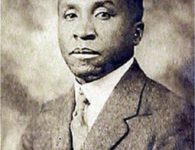

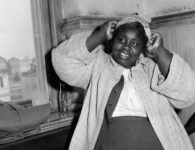

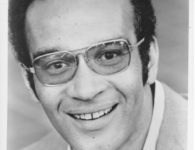

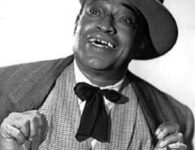

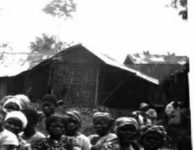




No comments